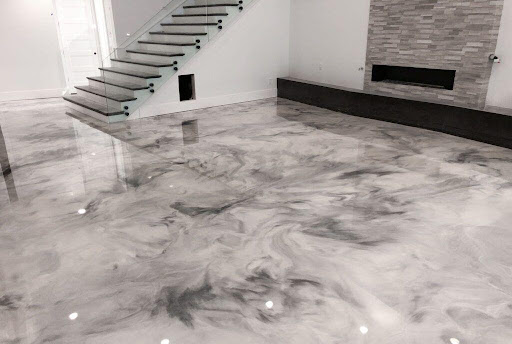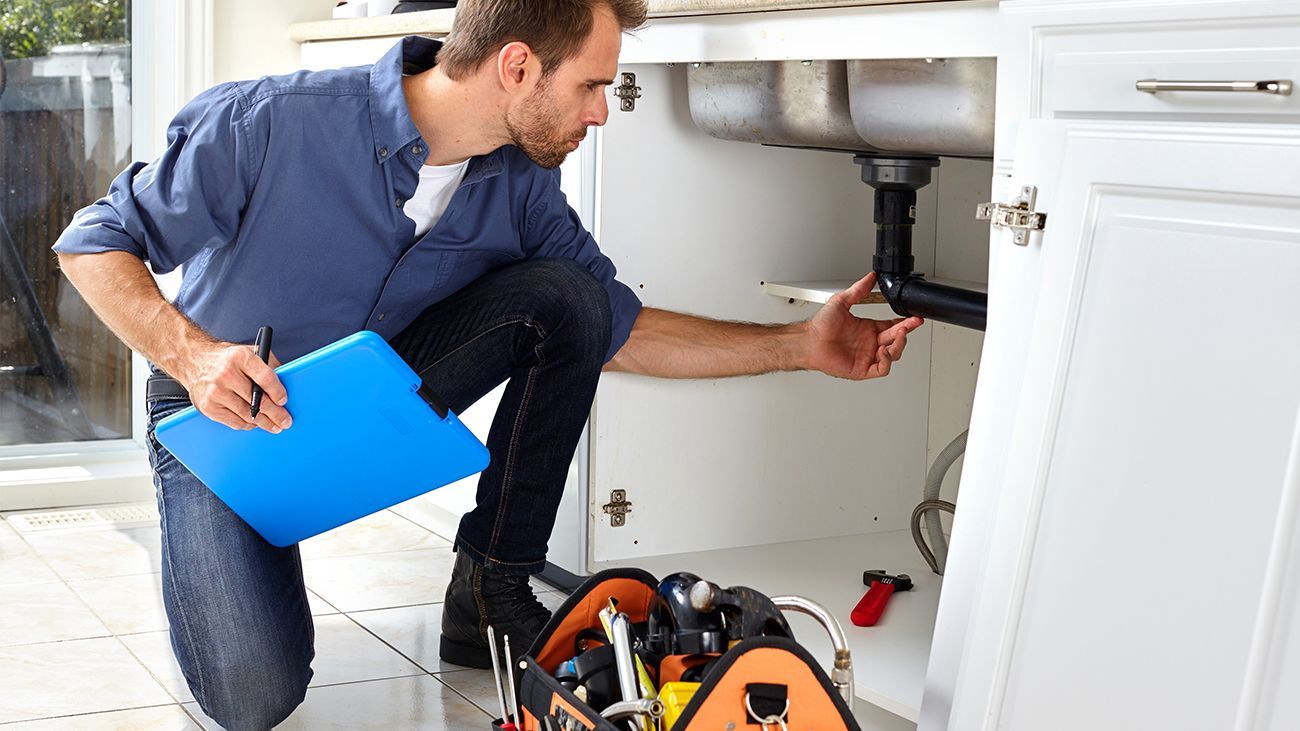With regards to picking new flooring systems for modern use, carport floor covering, or some other outside surfaces, epoxy sap flooring stands apart from other flooring choices for some reasons. Epoxy flooring is deeply solid, adjustable, maintainable, and beautiful on any surface. The most sought-after items are usually the epoxy floor coverings which make it the most durable flooring option. In case you are pondering epoxy tar flooring, here is an explanation of what epoxy floors contain, where to utilize various sorts of epoxy sap, and clear kinds of epoxy flooring systems.
An essential viewpoint to epoxy covering is that it is artificially unmistakable from standard floor paints. Resin flooring consists of two types of epoxy framework – a mixture of polymer tar and hardeners similar to an epoxy stick. When mixed appropriately, the epoxy pitch and hardener react with each other and each compound forms a synthetic bond with the original floor. Synthetic security is made of a solid plastic material that is solid, non-abrasive, and the securities make it incredibly basic.
The most direct meaning of epoxy flooring refers to a flooring surface, which consists of several layers of epoxy, which is applied to a story like two millimetres. Problems usually appear when looking at an epoxy floor and epoxy floor covering. The distinction between the two lies in the profundity of the epoxy – as communicated, the epoxy flooring is called an epoxy covering at the very least two millimeters thick. Any epoxy floor with a thickness of less than two millimeters is generally alluded to as an epoxy floor covering.
Kinds of Epoxy Flooring:
Self-Leveling Epoxy Flooring:
This type of epoxy is used to create a smooth, firm, and even surface on the outer layer of the floor on substantial floors, both new and old. Self-evening out epoxy floors gives a gleaming, consistent look yet it comes in a wide range of shadings that allure for business, mechanical, and private spaces.
Epoxy Mortar Flooring:
This flooring choice characterizes as the most severe epoxy floor framework accessible for use. This epoxy floor is comprised of 100% strong epoxies and evaluated grouting or quartz sand. Mortar systems are great for spaces that require a story that is exceptionally artificially safe and can withstand a lot of effects. This epoxy floor can be utilized to fix breaks before applying one more kind of epoxy floor.
Quartz-Filled Epoxy Flooring:
This flooring is a mixture of fine epoxy polymer tar and stain quartz grains. This epoxy should be used to improve areas where clean and slip-safe properties are required.
Anti-Static Epoxy Flooring (Electro-static charge (ESD) Resistant Flooring):
The electrostatic charge can be hazardous to many workplaces. To diminish any static risks in your spaces, anti-static epoxy floors can be applied. This epoxy floor normally holds a conductive compound that collects static power that disperses any likely release. An anti-static arrangement is an enthusiastically suggested epoxy floor for spaces that contain combustible materials.
Epoxy Flake Flooring:
This type of epoxy flooring comprises colored flake materials that are consolidated into the epoxy to generate an effective and multi-tinted look. The flakes offer a consistent look as well as gives each surface unobtrusive notches to diminish any slips and falls. Epoxy flake floors arrive in an endless assortment of sizes, tones, styles, and surfaces that is adjustable for any space.
Epoxy flooring coating is an adaptable compound arrangement that is reasonable, durable, profoundly impervious to affect, and adjustable for any space. Regardless of whether you need exquisite access to an eatery or need a steadfast surface to withstand mechanical work – there is an epoxy floor situation appropriate for your space.








